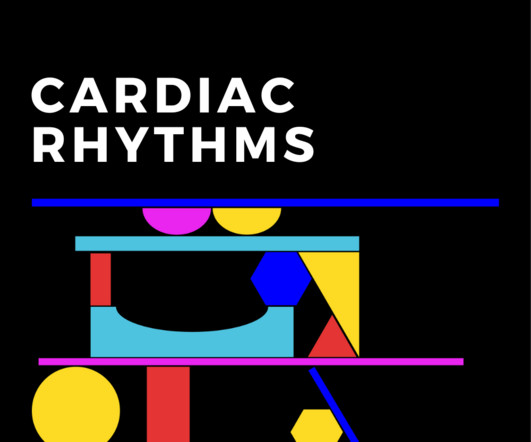Gender-focused training improves leadership of female medical students: A randomised trial
SheMD
MAY 11, 2023
This study focused on gender differences in CPR performance and trialed an intervention to impact the leadership behaviors of female medical students. Transcripts were coded to sort data into “leadership occurrences” or “unrelated to leadership” as well as critical treatment decisions. 2019; 47(1): e8- e13. Crit Care Med.















Let's personalize your content